Are "Organic" Beauty Products Worth the Hype?
Organic! Vegan! Gluten-free! You might feel virtuous buying products bearing these buzzwords, but what do they actually mean? We asked experts to define six of the trickiest terms in the book.
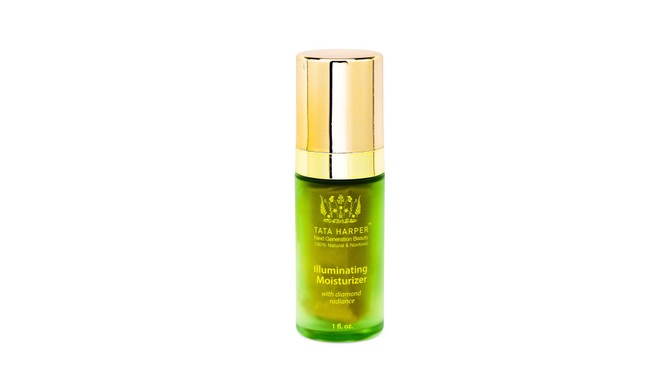
1. Natural
"Natural" doesn't necessarily mean anything about the purity of a product—it's a term that hasn't been defined by the FDA. To determine what's actually in a product, pull out your magnifying glass and read the ingredients list. How many can you pronounce? If they sound like a list of chemicals, chances are, they are. Should you care? Perhaps, says Elizabeth Tanzi, MD, associate clinical professor of dermatology at the George Washington University School of Medicine and Health Sciences in Washington, D.C. There may be a benefit for some people to avoid parabens, usually absent from “natural” products, if their skin is sensitive.
TRY: Tata Harper Illuminating Moisturizer, $85; TataHarperSkincare.com
TRY: Tata Harper Illuminating Moisturizer, $85; TataHarperSkincare.com
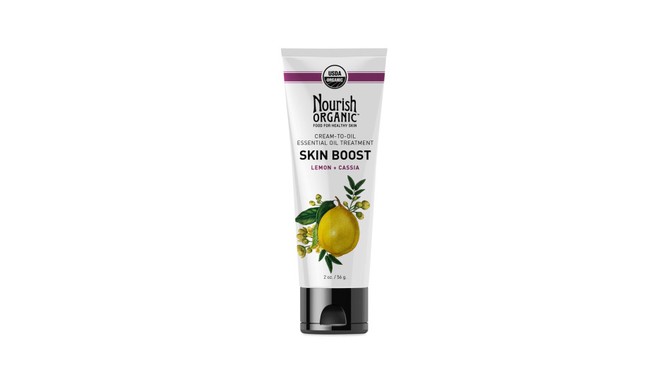
2. Organic
The FDA doesn't define the term "organic," but the USDA does—and certifies products containing agricultural ingredients (like shea butter or pomegranate) that have met the agency's standards for organic production. To carry the USDA Organic seal, a product must be certified "100 percent organic" (containing only organically produced ingredients) or "organic" (consisting of at least 95 percent organically produced ingredients; the remaining 5 percent must be approved nonagricultural or nonorganically produced agricultural substances), says Sam Jones-Ellard, public affairs specialist at the USDA.
TRY: Nourish Organic Skin Boost Cream-to-Oil Essential Oil Treatment, $25; NourishOrganic.com
TRY: Nourish Organic Skin Boost Cream-to-Oil Essential Oil Treatment, $25; NourishOrganic.com
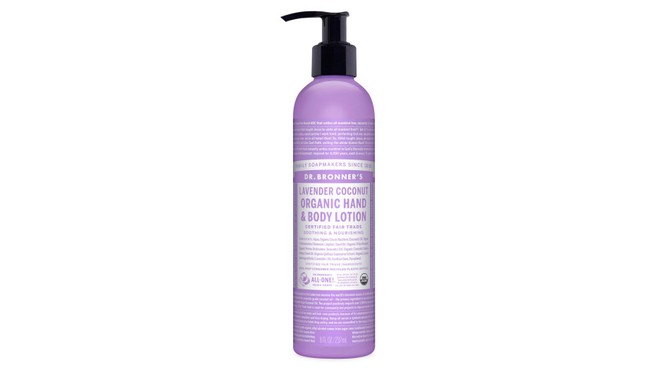
3. Vegan
"Vegan" is meant to indicate that a product hasn't been tested on animals and contains no animal products or by-products, like dairy or beeswax, says Krissi Vandenberg, executive director of Vegan Action. The equally common term "cruelty-free" should mean absolutely no animal testing, says Kim Paschen, program manager at Leaping Bunny, a nonprofit that certifies cruelty-free products. While there are no federal regulations for either label, it's more likely that a product is vegan or cruelty-free if it has a certification seal from an organization like the Vegan Awareness Foundation, PETA's Beauty Without Bunnies program, or Leaping Bunny.
TRY: Dr. Bronner's Organic Lotion, $10; DrBronner.com
TRY: Dr. Bronner's Organic Lotion, $10; DrBronner.com
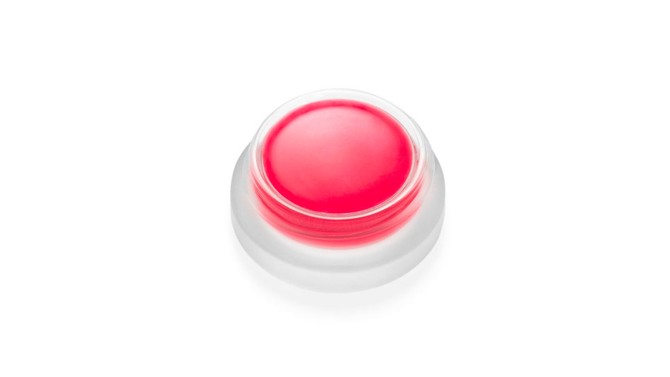
4. Gluten-Free
Unlike foods, cosmetics labeled "gluten-free" aren't regulated by the FDA. But do you even need gluten-free beauty products? Maybe, if you're gluten-sensitive and it's a lipstick, gloss, or balm, which you could ingest in tiny amounts. Otherwise, don't bother. "I've seen no evidence that a cream or lotion containing gluten is harmful," says John Zone, MD, chairman of the department of dermatology at the University of Utah School of Medicine. If you are gluten-sensitive, make sure your ingredients labels don't list wheat, rye, or barley.
TRY: RMS Beauty Lip Shine, $25; RMSbeauty.com
TRY: RMS Beauty Lip Shine, $25; RMSbeauty.com
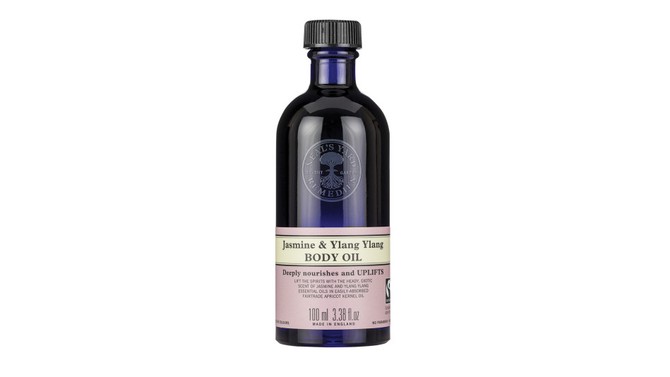
5. Fair Trade
A product is typically certified "fair trade" if it meets two criteria: Farms supplying fair trade ingredients must adhere to strict environmental, social, and economic standards that ensure safe, healthy working conditions, and the product's maker must directly invest in the farms' communities to address issues like healthcare and education, says Nora Pittenger, Fair Trade USA's senior manager for consumer packaged goods. To find out whether a beauty product contains fair trade ingredients, check for certification from a nonprofit like Fair Trade USA or Fairtrade International.
TRY: Neal's Yard Remedies Jasmine & Ylang Ylang Body Oil, $40; US.NYRorganic.com
TRY: Neal's Yard Remedies Jasmine & Ylang Ylang Body Oil, $40; US.NYRorganic.com
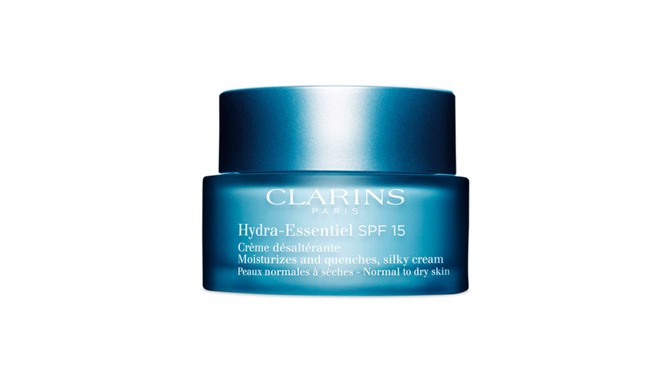
6. Anti-Pollution
Two types of pollution dominate in the United States: ozone (a mix of sunlight and chemicals emitted by cars, power plants, and other sources) and particle (tiny pieces of solids or liquids in the air). Both can result in skin-damaging free radicals, says Tanzi.Antioxidants are very effective for protecting the skin from free radicals, so look for a formula that includes vitamin C, vitamin E, ferulic acid, or resveratrol.
TRY: Clarins Hydra-Essentiel SPF 15, $48; Clarins.com
TRY: Clarins Hydra-Essentiel SPF 15, $48; Clarins.com
From the March 2017 issue of O, The Oprah Magazine

